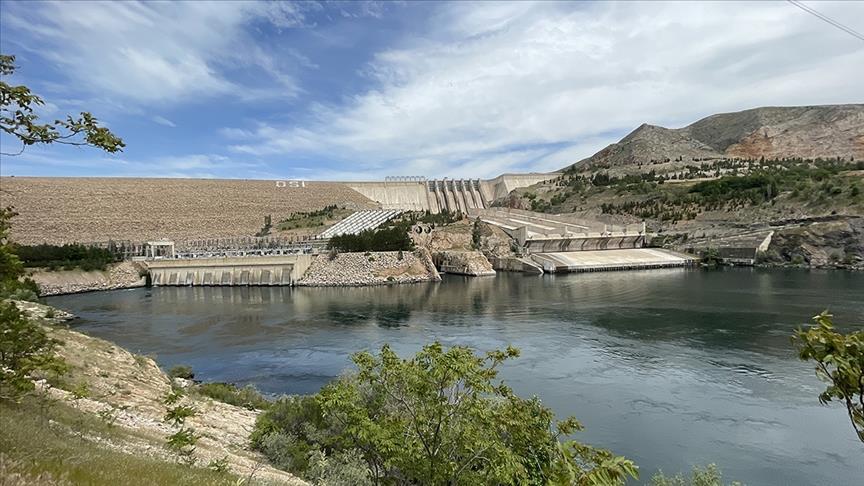

By Anadolu Agency
Hydroelectric installed power needs to at least double to reach the ‘2050 net zero’ target at an affordable cost, according to International Hydropower Association (IHA) data compiled by Anadolu on Friday.
Hydroelectric installed power provided 15% of global electricity last year, exceeding 1.4 terawatts (TW), but according to the IHA, investments in the hydroelectricity sector will allow for the required capacity increase to 3 TW by 2050.
This can be achieved with 45 gigawatts of annual investments for the maintenance, renewal or rebuilding of infrastructure, which is much needed given that approximately 1,120 GW of the current global capacity is at least 30 years old.
According to the IHA, almost 630 GW of global capacity is over 30 years old, and 490 gigawatts are over 40 years old.
‘This situation offers significant opportunities for investors to increase the security of capacity, add capacity and strengthen power plants,’ the IHA highlights.
A study conducted in the US maintains that approximately 12 GW of hydroelectric capacity can meet the electricity needs of approximately 5 million homes.
However, the IHA warned that serious and detailed planning is required as global hydroelectric capacity is not always suitable for development due to economic and social reasons.
– ‘Investors require secure opportunities for hydroelectricity investments’
Commenting on the hydroelectricity sector in Türkiye, Elvan Tugsuz Guven, the chairman of the Turkish Hydroelectric Industrialists Association, told Anadolu that hydroelectric power plants constitute 30% of the country’s installed electricity capacity.
Guven disclosed that this year was not a good year for power generation from hydroelectric power plants, as the water volume has been the lowest in 50 years due to severe droughts.
Nevertheless, she is hopeful that 2024 will be a year marked by better expectations.
‘We hope it will be a year with high targets. Electricity prices, which have recently been fixed in order to ensure that consumers are least affected by the energy crisis following the COVID-19 epidemic and the Russia-Ukraine War, have also negatively affected sector investors,’ she explained.
We use cookies on our website to give you a better experience, improve performance, and for analytics. For more information, please see our Cookie Policy By clicking “Accept” you agree to our use of cookies.
Read More